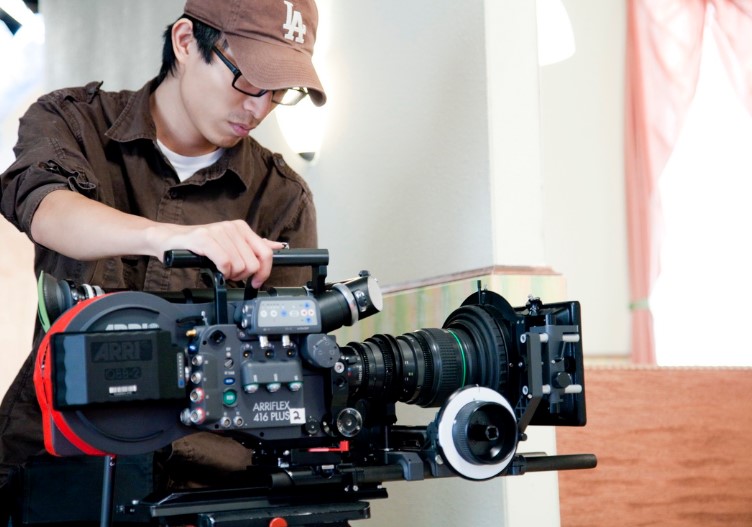Circular 40: Regulations on the Film Production Industry and Occupations at College and Intermediate Levels
On December 28, 2018, the Ministry of Labor, War Invalids and Social Affairs issued Circular 40/2018/TT-BLDTBXH regulating the minimum knowledge volume and competency requirements that learners must achieve after graduating from intermediate and college levels for majors and professions in the fields of arts, fine arts, and languages.

Circular 40: Regulations on Filmmaking Occupation, College and Intermediate Level (Illustrative Image)
Circular 40/2018/TT-BLDTBXH governs the filmmaking occupation at both the college and intermediate levels as follows:
- Filmmaking at the college level is an occupation in which learners study, research, and use cameras to capture a series of moving, multi-dimensional images over time through camera movements, serving various purposes, meeting level 5 requirements in the Vietnam National Qualifications Framework. The minimum knowledge volume at the college level is 1,800 hours (equivalent to 65 credits).
- Filmmaking at the intermediate level is an occupation in which learners study, research, and use cameras to capture a series of moving, multi-dimensional images over time through camera movements, serving various purposes, meeting level 4 requirements in the Vietnam National Qualifications Framework. The minimum knowledge volume at the intermediate level is 1,400 hours (equivalent to 50 credits).
- The scope of work in the filmmaking profession is very diverse, ranging from cinema, television, media, to advertising, music, services, etc. However, the primary jobs at the college level include:
- News filming - reportage;- Event filming, talk show - interview filming;- Music video filming, advertising filming, service filming.
- Filmmaking is a profession that possesses both technical and artistic aspects. A filmmaker must proficiently operate technical equipment and have a sensitive soul and creative eye. In every production team, filmmakers have the heaviest workload. Besides physical labor such as carrying equipment and finding suitable filming angles, filmmakers must spend significant time discussing with directors to find lively ways to represent each scene.
- The working environment of a filmmaker is primarily outdoors, even in difficult and remote areas. This profession has a high work intensity, involving long-distance and extended business trips, and constantly facing changing situations.
- To pursue this profession, a filmmaker needs good health, resilience to hardships in the field, dynamism, creativity, adequate professional knowledge, and particularly a passion for the profession. In addition to self-study and professional improvement, a filmmaker must continuously learn to expand social knowledge and cultural capital; practice meticulousness, detail orientation, clarity; and build professional awareness and passion for the craft.
For more details, see Circular 40/2018/TT-BLDTBXH effective from February 10, 2019.
Ty Na
- Prevention and control of traffic congestion and traffic accidents during the Lunar New Year in 2025 in Vietnam
- Repeal of all 10 documents related to labor - wages in Vietnam from February 15, 2025
- Update of Circular 1/2025 providing guidance on policies for officials in the implementation of organizational restructuring of the political system in Vietnam
- Is it permissible to sell notary offices, which are organized as sole proprietorships in Vietnam, from July 1, 2025?
- What are procedures for reception of new partners of notary offices in Vietnam from July 1, 2025?
- Identification of sellers on e-commerce platforms through VneID in Vietnam
-

- Regulations on standards and duties for public ...
- 18:11, 17/01/2025
-

- Fee levels for public announcement of selection ...
- 18:02, 17/01/2025
-

- Guidelines on determining the time and monthly ...
- 17:54, 17/01/2025
-

- Principles for revocation of Licenses for liquidation ...
- 17:10, 17/01/2025
-

- Specialized inspection content for the Department ...
- 17:05, 17/01/2025
 Article table of contents
Article table of contents
